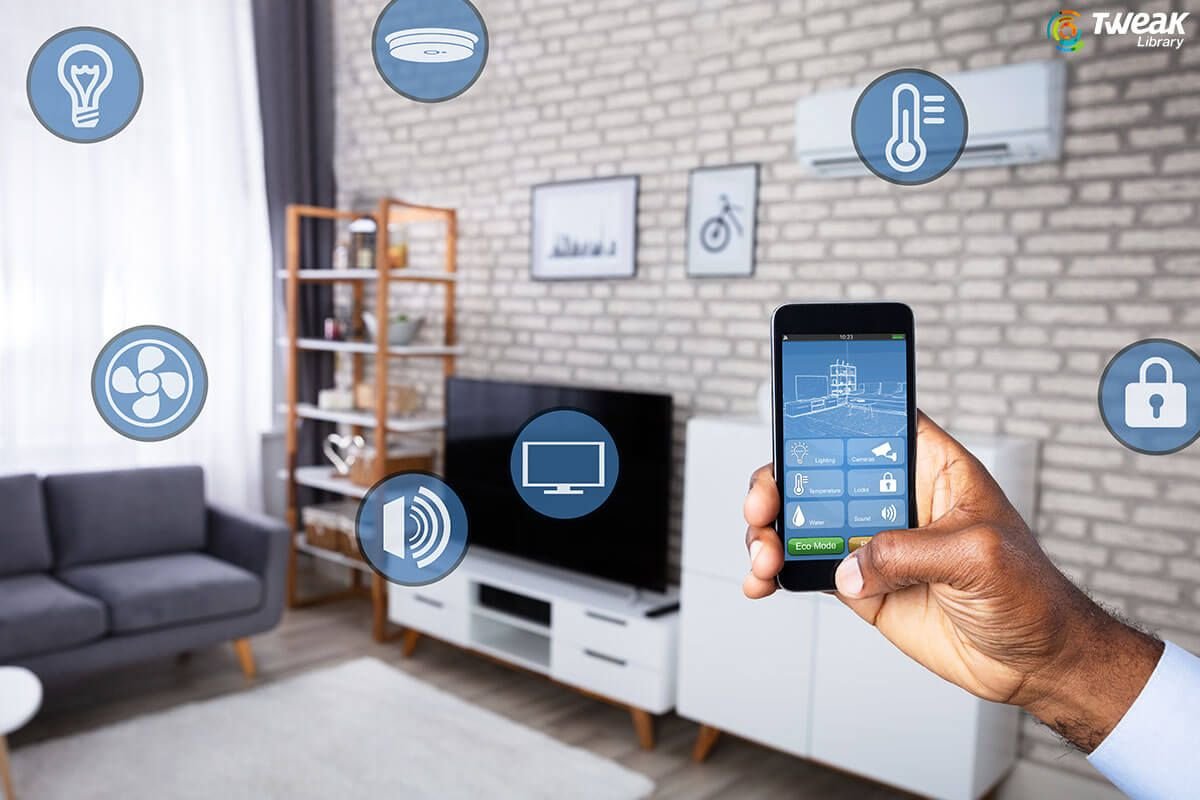With the rapid advancement of technology, the concept of home security has undergone a significant transformation. Traditional security systems are being replaced by innovative and interconnected devices that utilize the power of the Internet of Things (IoT). In this article, we will explore the future of home security and how IoT and connected devices are revolutionizing the way we protect our homes.
- The Rise of IoT and Connected Devices
In recent years, IoT has emerged as a groundbreaking technology that connects various devices and enables them to communicate and share data seamlessly. This connectivity has extended to home security systems, allowing homeowners to monitor and control their security devices remotely. Connected devices such as smart cameras, door locks, motion sensors, and alarms have become the new standard in home protection.
- Enhanced Surveillance with Smart Cameras
Traditional security cameras have evolved into intelligent devices known as smart cameras. These cameras are equipped with advanced features like facial recognition, motion detection, and video analytics. They can send real-time alerts to homeowners’ smartphones when suspicious activity is detected, allowing for immediate action. Moreover, smart cameras can be integrated with other IoT devices, creating a comprehensive security ecosystem.
- Smart Locks for Enhanced Access Control
Gone are the days of worrying about lost keys or unauthorized access. Smart locks offer a convenient and secure solution by allowing homeowners to lock and unlock their doors remotely through a smartphone app. Some smart locks can even grant temporary access to trusted individuals, such as family members or service providers, with unique passcodes. The ability to monitor and control access to your home brings a new level of security and peace of mind.
- IoT Sensors for Comprehensive Monitoring
IoT sensors play a crucial role in home security by providing real-time monitoring of various environmental factors. These sensors can detect changes in temperature, humidity, and even air quality, alerting homeowners to potential risks such as fire or water leaks. By integrating these sensors with the security system, homeowners can receive instant notifications and take necessary actions to prevent damage to their homes.
- Intelligent Alarms and Notifications
Connected security devices offer advanced alarm systems that go beyond traditional audible alarms. They can send notifications to homeowners’ smartphones, trigger indoor and outdoor sirens, and even integrate with smart lighting systems to create a deterrent effect. The ability to customize alarm settings and receive alerts in real-time ensures that homeowners are promptly informed about any security breaches.
- Cloud Storage and Data Security
With IoT-enabled security systems, the recorded data from cameras and sensors is often stored in the cloud. This cloud storage offers several advantages, including remote access to footage, increased storage capacity, and protection against physical damage or theft of local recording devices. Data encryption and authentication protocols are implemented to ensure the security and privacy of homeowners’ information.
- Integration and Automation
One of the most significant benefits of IoT in home security is the seamless integration of devices and automation capabilities. Smart security systems can be integrated with other IoT devices, such as voice assistants, smart thermostats, and lighting systems, to create a synchronized ecosystem that enhances both security and convenience. For example, when a security breach is detected, the system can automatically turn on lights and notify the authorities.
- Challenges and Considerations
While IoT and connected devices offer tremendous potential for home security, there are certain challenges and considerations to keep in mind. Privacy concerns, data breaches, and the possibility of device vulnerabilities are some of the issues that need to be addressed. Homeowners should ensure that their IoT devices are regularly updated with the latest firmware and follow best practices for network security.
Conclusion
The future of home security lies in the hands of IoT and connected devices. These innovative technologies provide homeowners with advanced surveillance, enhanced access control, comprehensive monitoring, and intelligent alarm systems.



